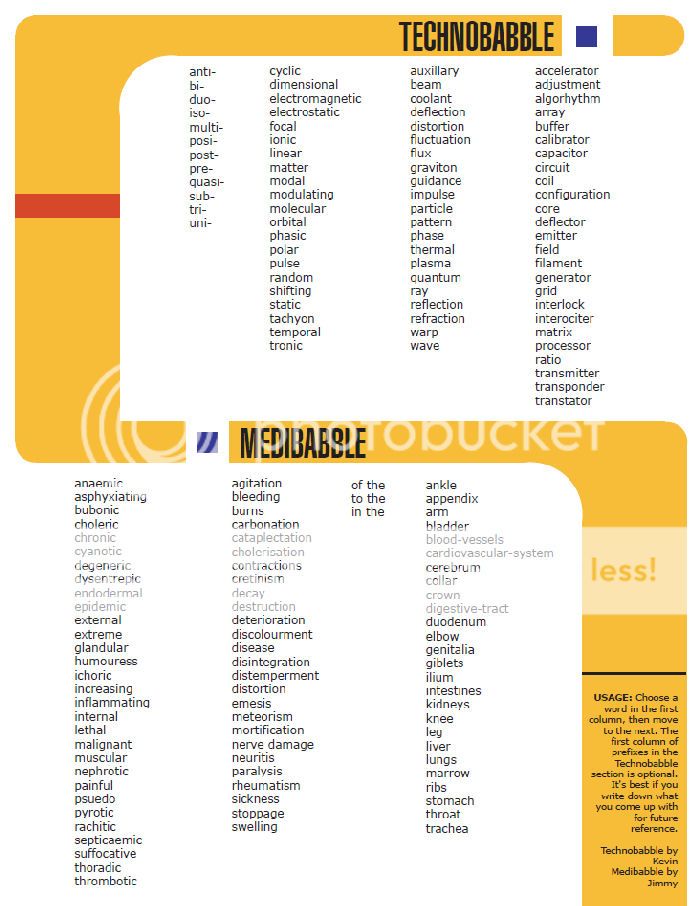I'm almost 50 and TOS is my drug of choice in the great cornucopia of Star Trek.
I haven't seen STID yet, but I bought ST09, and have seen it a few times. I don't normally have a problem with reboots; I usually find they do some things well, others not so well. For me, the casting was for the most part good, but not perfect. I liked Karl Urban the most, and Simon Pegg the least. I wouldn't call it good science fiction, it had holes you could fly a Doomsday Machine through, but it was a decent action flick.
Where it fell down for me, was in the execution more than the concept. I disliked that Sulu's blade was essentially a samurai sword, as I thought his self-image of a swashbuckler with a rapier from TOS was both more interesting and less of a cliche than giving the Asian guy a katana. I didn't like the ship much, either. It just doesn't look balanced in my eyes.
As a TOS fan, while I will follow the new Trek movies as long as they keep making them, I'll still put the TOS-era fan films first, because for me they feel closer to the series I love than the new movies.
For what it's worth, I didn't like the new BSG, though I was a big fan of the original when it first came out. I thought the execution of the new BSG was better, but many of the ideas didn't interest me, especially the new take on the Cylons. It felt like it made the BSG Universe smaller, and that didn't work for me.


 ) Balance of Terror.
) Balance of Terror. As an adult, I see so much more than I did when I was a young viewer.
As an adult, I see so much more than I did when I was a young viewer.